‘Healthy’ Snacks That Aren’t

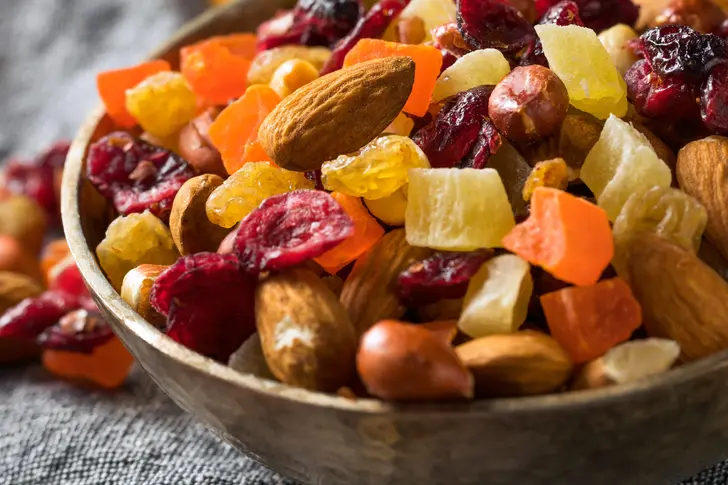
Trail Mix
Nuts and fruits seem like the perfect combination for your health. But dried fruit can be high in sugar. So can add-ins like yogurt-covered raisins and dark chocolate. Check the label and compare brands -- or make your own. Low-sugar cereals and air-popped popcorn are good alternatives.
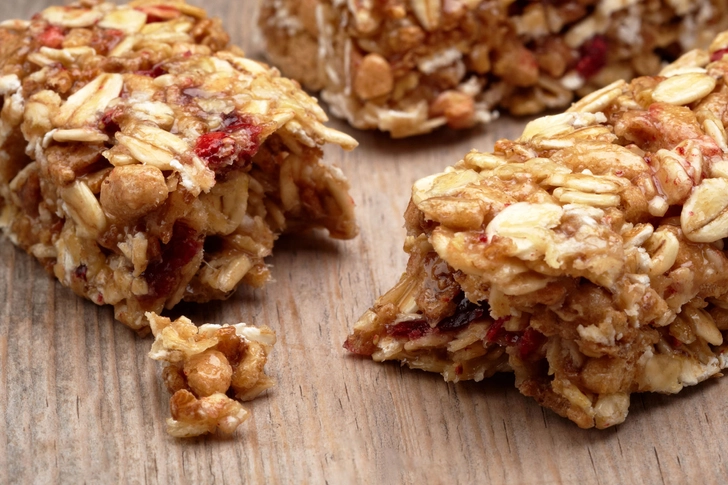
Granola Bars
These may have ingredients that are good for you, but they also can hide a lot of sugar. Be sure to read labels carefully and choose ones that are low in that sweet stuff. Not able to find one you like? You could always go with an apple or banana instead.
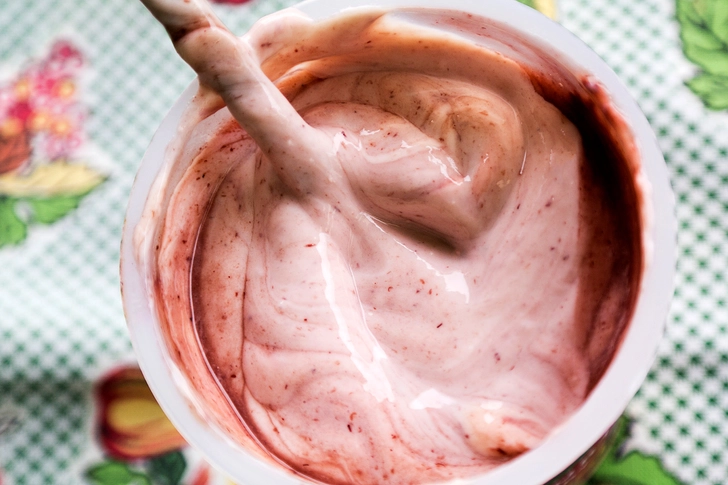
Flavored Yogurt
Some fruit-infused varieties have as much as 32 grams of sugar in one 6-ounce container. That’s about 8 teaspoons. Beware of sugar-free yogurt, too. It has aspartame, which can cause digestive problems for some people. A serving of plain yogurt with fresh fruit or jam is a good alternative.
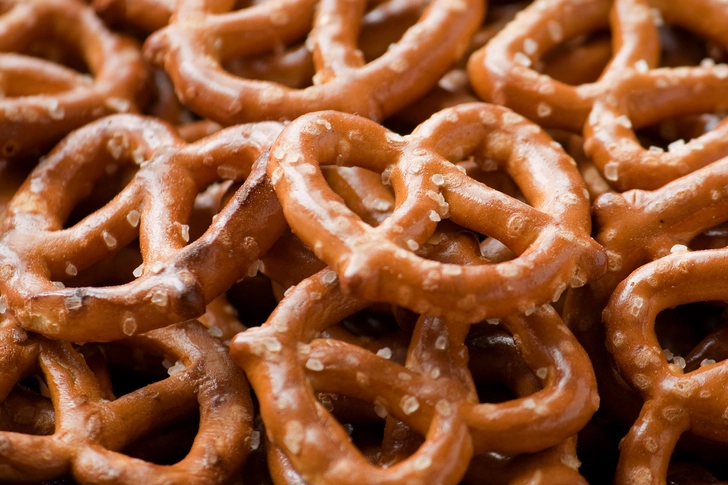
Pretzels
These salty snacks aren't too bad for you. But they're simple carbs, so they won’t fill you up for long. If pretzels are your snack of choice, have them with some sort of protein, like cheese.
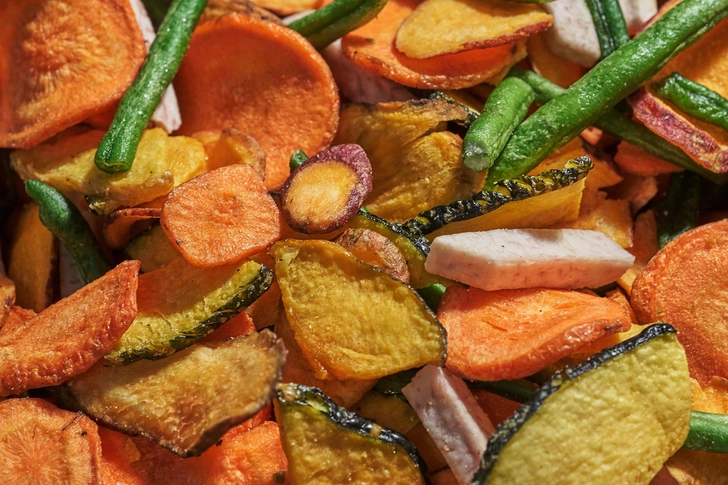
Baked Veggie Chips or Veggie Straws
These may sound like good options, but they don’t give you any of the health benefits of vegetables. Like pretzels, they’re simple carbs, and their calories can add up. They also won’t make you feel full for long unless you pair them with some type of protein.
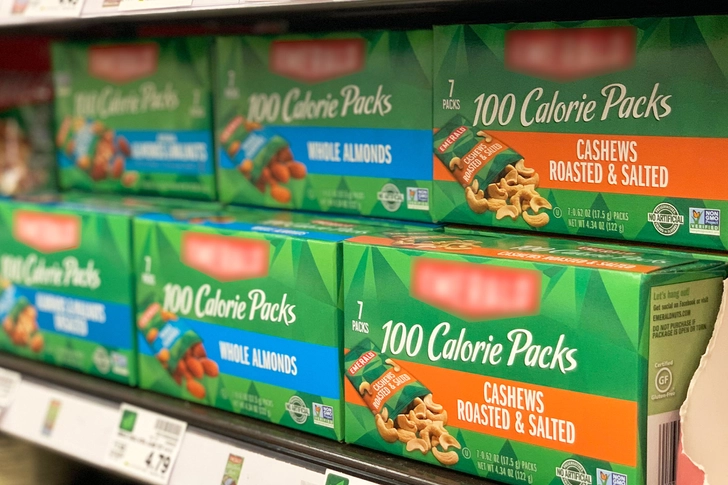
100-Calorie Snack Packs
The health benefits of these depend on the snack itself. For example, ones with nuts have nutritional value and may give you a quick pick-me-up, but 100 calories of cookies or chips still aren’t good for you. And the 100-calorie label doesn’t mean a lot if you have more than one pack at a time.
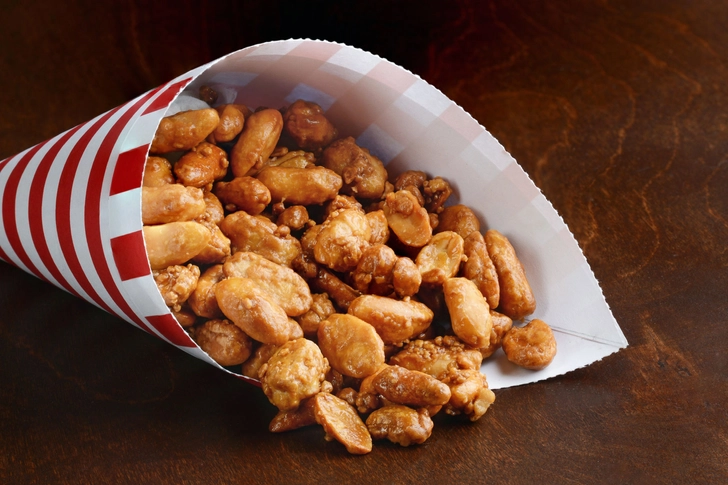
Honey-Roasted Nuts
Nuts are packed with protein and “good” fats, but the honey-roasted kind are also loaded with salt and sugar, thanks to their salty-sweet coating. Instead, spice up plain nuts by toasting them and adding spices like cayenne or paprika. Need a sweet fix? Add some cinnamon or vanilla extract, instead.

Rice Cakes
You probably aren’t eating these for their taste, but you’re not getting any health benefits from them, either. They’re simply empty calories. To add some protein -- and flavor -- spread a little peanut butter on top.
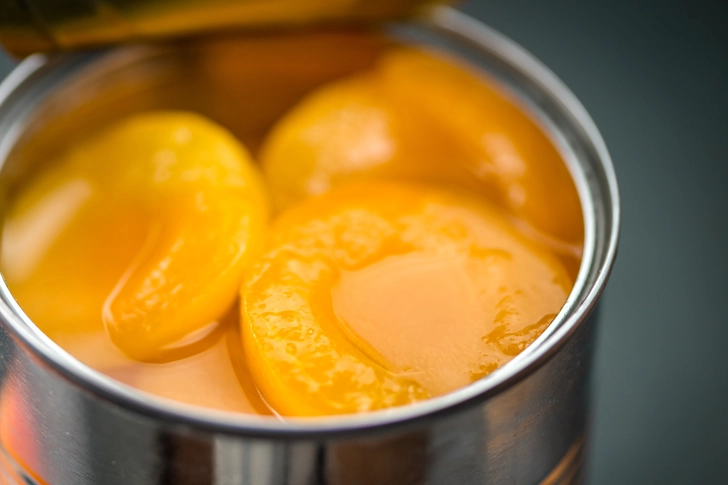
Canned Fruit
It has a long shelf-life and it's inexpensive, but if yours is packed in syrup, it's also packed in sugar. Look for fruit that’s sealed in water or its own juice. And watch for cans that bulge or are damaged. That can let more air in the can, which could allow bacteria to grow.

Flavored Instant Oatmeal
On its own, instant oatmeal is a good source of iron and fiber. But you cut into those benefits when you add high-sugar flavors like maple syrup or brown sugar. You’re better off making plain oatmeal and topping it with fresh fruit or nuts.
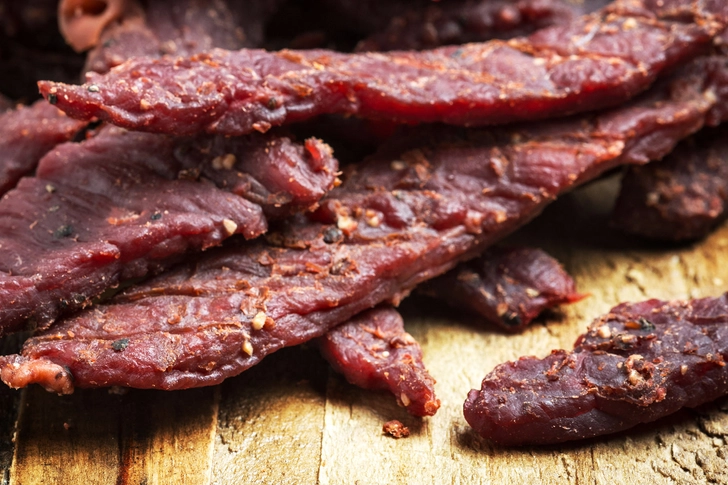
Beef Jerky
This isn’t a bad choice if you go with types made from poultry, salmon, or lean meat. It also helps to not have it too often. But be aware that any kind of jerky is high in sodium. Check the label for a preservative called sodium nitrate. It can cause issues with the way your body uses sugar and damage your blood vessels. That could lead to diabetes or heart disease.

Store-Bought Smoothies
Sugar from the fruit in these giant chilled drinks can add up. The blender can strip away some of the nutrients, too. To get the biggest benefit, keep yours between 4 and 6 ounces (that's the recommended serving size for a smoothie or juice). The healthiest kind is one you make yourself. That way, you control the size and what goes in it.
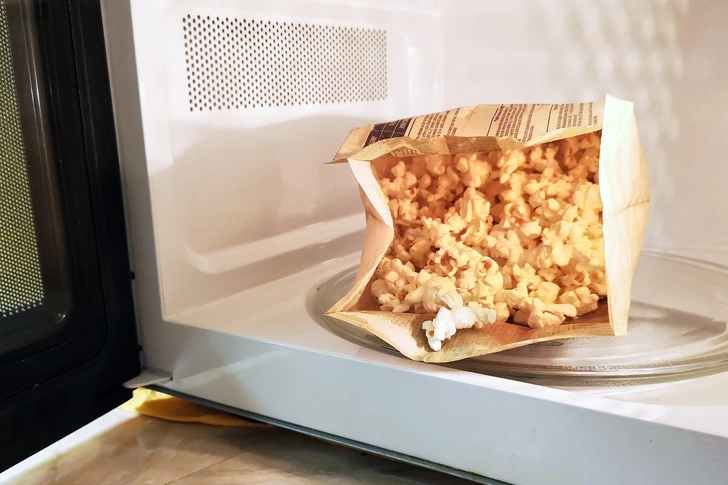
Microwave Popcorn
If you hold off on the unhealthy toppings, popcorn can be a good high-fiber snack. But many microwaveable versions have loads of salt and artificial flavors. Studies also suggest that the chemicals in the lining of the bag may affect your hormones, cholesterol levels, and immune system. Research continues on that. Air-popping the kernels and adding your own seasonings is a much healthier way to go.
IMAGES PROVIDED BY:
1) bhofack2 / Getty Images
2) baibaz / Getty Images
3) PeterMMackey / Getty Images
4) hiramtom / Getty Images
5) Pxfuel / Creative Commons
6) WebMD
7) mg7 / Getty Images
8) MSPhotographic / Getty Images
9) HandmadePictures / Getty Images
10) Elena_Danileiko / Getty Images
11) Juanmonino / Getty Images
12) WebMD
13) robypangy / Getty Images
SOURCES:
Leah Thomas, RD/LD, CSSD, assistant athletics director for student-athlete development, Georgia Tech Athletic Association, Atlanta.
Academy of Nutrition and Dietetics: “Looking To Reduce Your Family’s Intake of Added Sugars? Here’s How,” “Are Canned Foods Nutritious For My Family?” "Nutrition Info About Beverages."
U.S. Department of Agriculture: “FoodData Central: Yogurt, Fruit, Low-Fat Milk.”
Mayo Clinic: “Nutrition and Healthy Eating: Added Sugars, Don’t Get Sabotaged By Sweeteners,” “Does the Sodium Nitrate In Processed Meat Increase My Risk of Heart Disease?”
International Food Information Council Foundation: “Everything You Need To Know About Aspartame.”
British Heart Foundation: “I’m Confused – Are Nuts A Healthy Snack?” “Heart Matters: 5 Reasons Why Smoothies Are Not A Shortcut To A Healthy Diet.”
Cleveland Clinic: “Health Essentials: 9 Best Tips To Help You Make Healthier Popcorn.”
Environmental Health Perspectives: “Dietary Habits Related To Food Packaging and Population Exposure to PFASs.”
